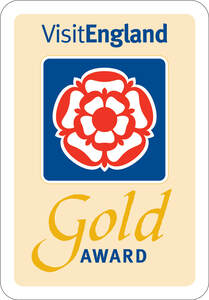|
This year, the Winter Solstice falls on Sunday 22nd December, which means that the shortest day is just around the corner, the days will soon be getting longer and Spring will be here before we know it! But before we wish away this season, we wanted to introduce you to the origins of the Solstice, what it is and why we celebrate it. Also known as Midwinter, the Winter Solstice occurs when one of the Earth’s poles has its maximum tilt away from the sun. It happens twice a year, once in the Northern Hemisphere and once in the Southern. For us here in the UK, it means that the light we receive on the 22 December is considerably less than in June. The winter solstice has been cause for ritual and celebration since the earliest human times, with many of our Christmas traditions evolving from these rituals. Although not religious in origin, solstice celebrations occur throughout many different cultures and countries, more as observances of an astronomical or natural phenomenon. It has always marked the symbolic death and rebirth of the sun. Our festive chocolate Yule log originates from the Celtic druids who would mark the winter solstice with the cutting of mistletoe and lighting a ‘yule’ log which was believed to banish darkness and evil spirits. They saw it as a symbolic way of welcoming back the light and the longer days. In Devon we have a tradition similar to the yule log, the 'ashen faggot', a bundle of ash sticks that was burnt on Christmas Eve. We have an account of the residents and labourers of Halsbeer Farm (where Blackdown Yurts is situated) gathering on Christmas Eve in 1753 "to celebrate the burning of the great ashen Christmas" faggot, presumably in the huge inglenook fireplace in the farmhouse. Pagans would make wreaths from evergreen foliage representing the Wheel of Life, which they hung on doors or laid horizontally and decorated with candles. Roman priests would cut down a pine tree on the eve of the Midwinter Solstice and decorate it before carrying it ceremonially to the temple celebrations. All these and more now represent what many of us in the UK consider to be our traditional Christmas celebrations, and how lovely to have been influenced by so many different cultures and moments in history. The word itself ‘solstice’ translates roughly to ‘sun stands still’ and although it happens on a certain day, it also happens at an exact moment in time – which is the same time for everywhere on the planet. This year it is at 04.19am in the Northern Hemisphere. How will you bring in this point in Midwinter this year? Solstice CelebrationsWhy not look to our ancestors for inspiration and do some of the following celebrations this year? You’ll see so many similarities to the Christmas traditions you are already undertaking, but consider the origins of these while you are doing them. Being present in the moment, being aware of nature around us and the history we’re steeped in allows us to understand more of where our current festivities come from. Decorate a Yule Tree Instead of an indoor Christmas tree, this is a living tree outside. Decorate with homemade bird feeders or popcorn decorations. Give as gifts to animals while their food is scarce this time of year. Light candles To represent the light we have within us all, as well as to bring light to the shortest day. Light candles while having a solstice feast with friends and family, or make homemade lanterns with children (a great how to link is here:https://www.ehow.com/info_12340251_diy-winter-solistice-lanterns.html ) Make orange pomanders A traditional Yule decoration, these pomanders were given as gifts on the solstice to symbolize the love and worship of nature. You can find instructions to make one here: https://www.homemade-gifts-made-easy.com/easy-to-make-christmas-decorations.html Stay up all night to welcome the return of the light One for the hardened readers! In ancient days, people stayed awake to make sure the sun was really coming back – while today people stay awake on the darkest night to hold reverence and see the light return. Stonehenge is a very popular venue to watch the sun set and then see the rise of the sun on the following day. If this isn't for you, perhaps just wrap up warm and head outdoors to watch the sunrise and welcome the return of longer days on Sunday 22nd December. You won't have to get up too early, sunrise that day in Exeter for example is at a leisurely 08:14am! Reflect and let go The Winter solstice is considered a seasonal dark night of the soul. Spiritually it is time for us to honour the light and the darkness within each of us. Do a releasing ceremony by writing down what you would like to let go of on scraps of paper. Thank these things for what they have taught you and once you are ready, throw them into a Yule log fire and allow the flames to take them away, bringing in the light. Do this on your own, or within a small group. Come together with loved ones With all special occasions, spending time with those you love is important. Share in each others joys and sadness, give gifts of time and love and be present together. However you spend this special time, we would suggest you set intentions, meditate and bring gratitude into your life. With all celebrations, consider what you have learnt, and what you would like to bring into your life during the year ahead.
We wish you a very peaceful and reflective solstice, and a light-filled new season.
0 Comments
Leave a Reply. |
AuthorKatie is one of the owners of Blackdown Yurts and likes to write about things going on at and around her beautiful glamping site Archives
July 2024
Seasonal Recipes |
In Devon's Hidden Valley, discover the abundance of nature and wildlife
in beautiful surroundings with a unique glamping adventure.
in beautiful surroundings with a unique glamping adventure.
Copyright The Creative Business Network © 2018
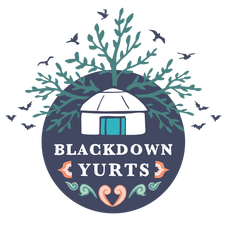
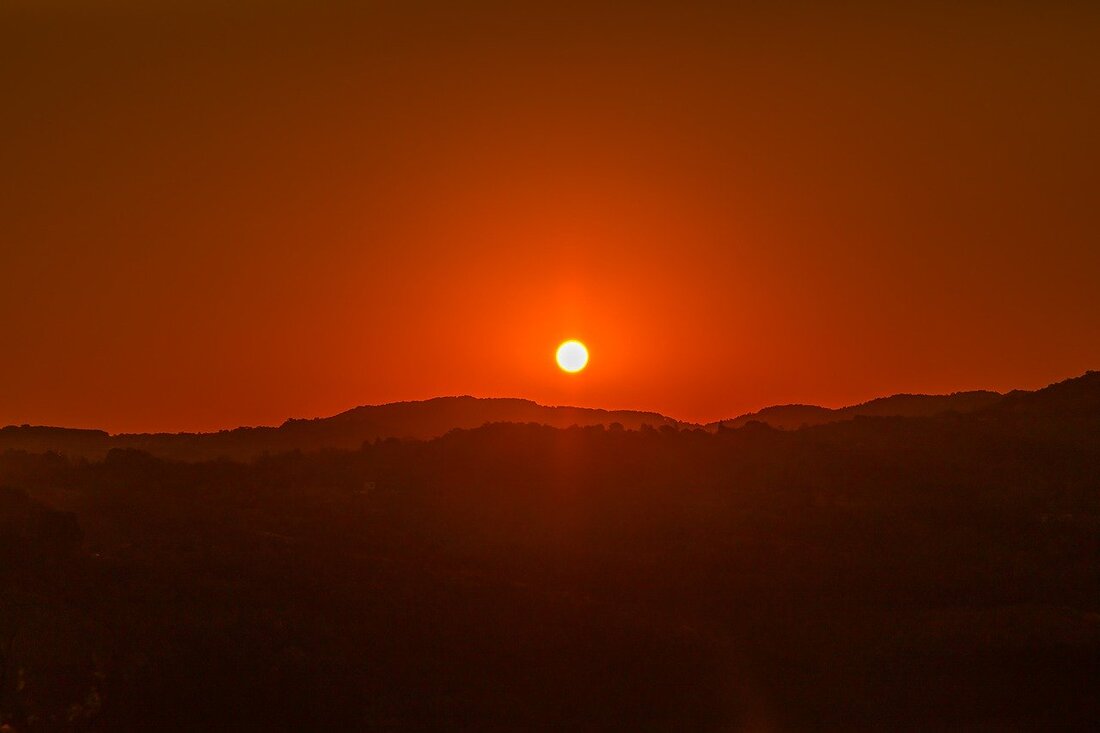
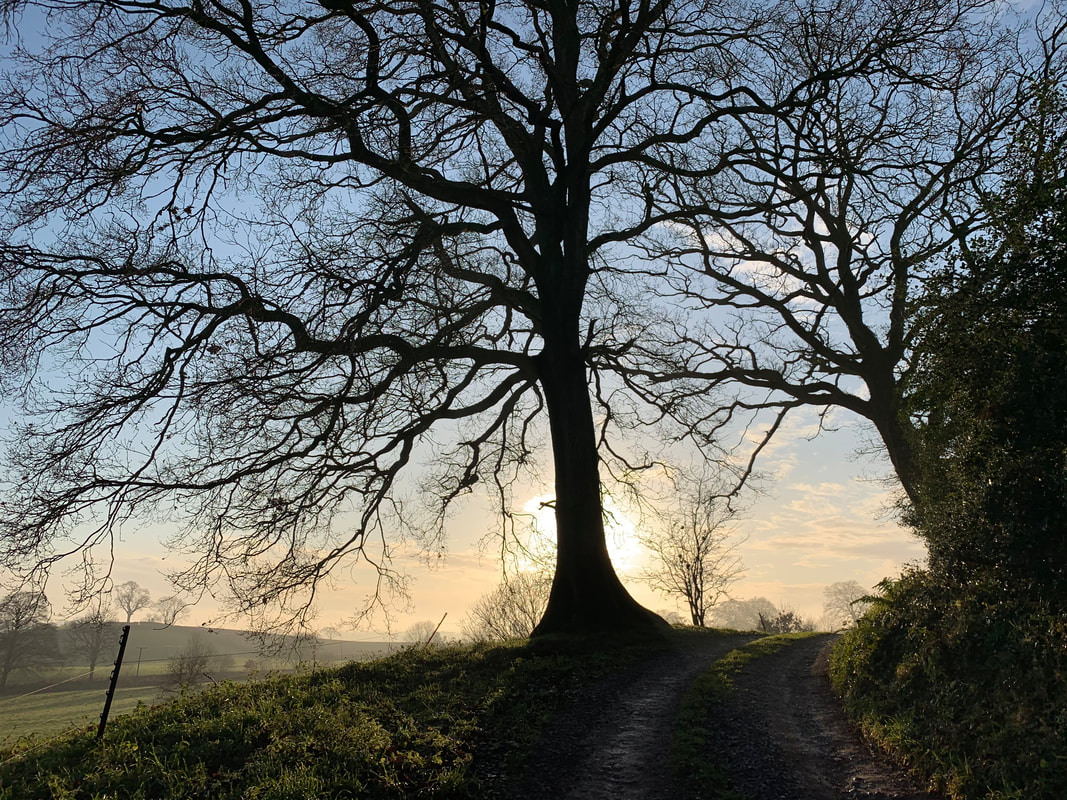
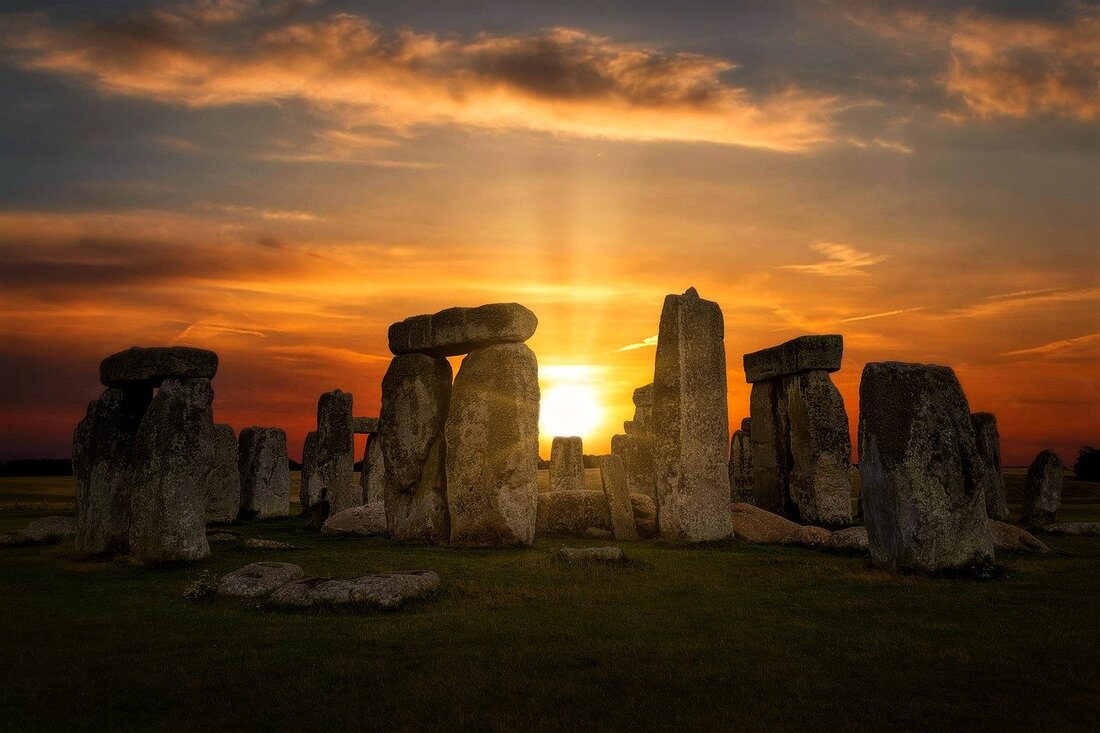
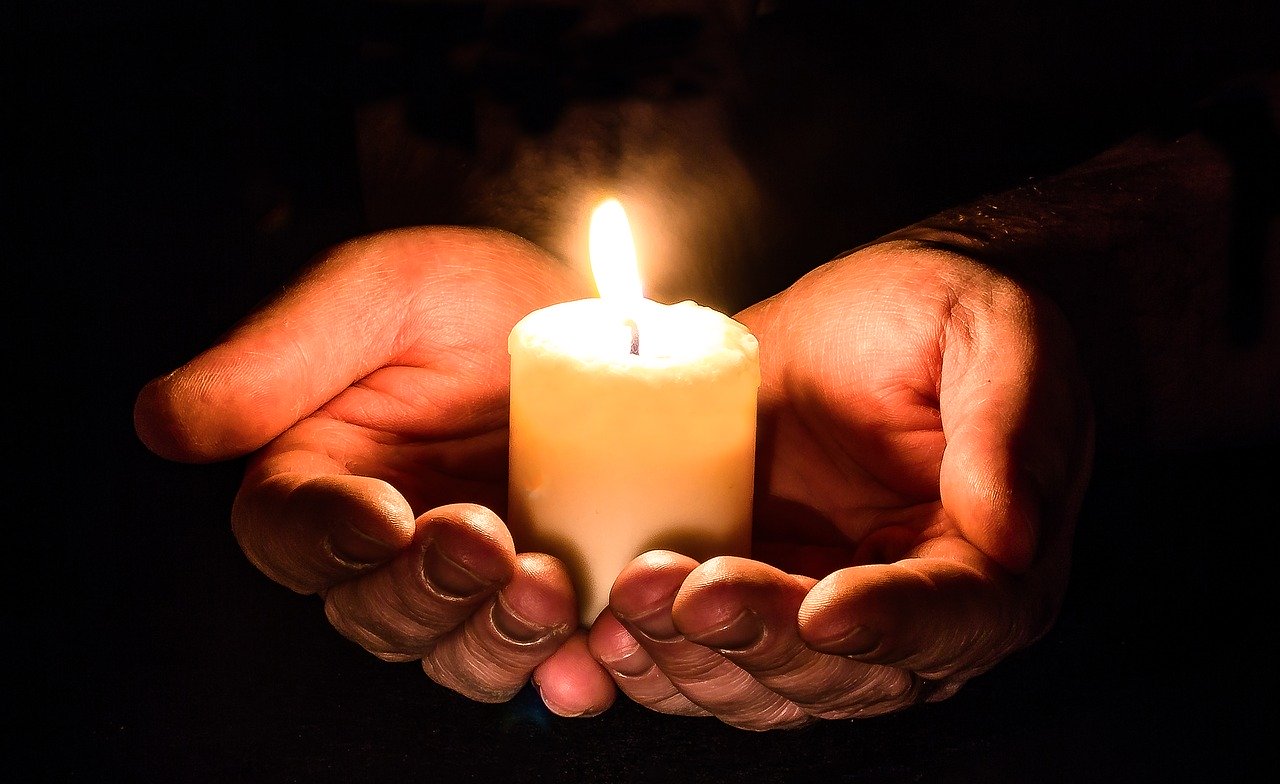
 RSS Feed
RSS Feed
